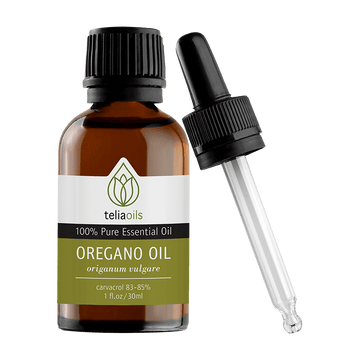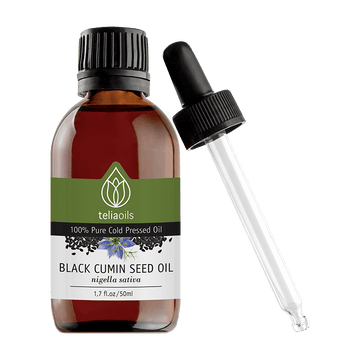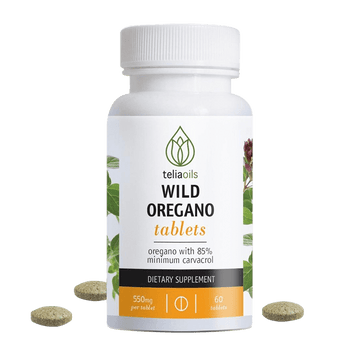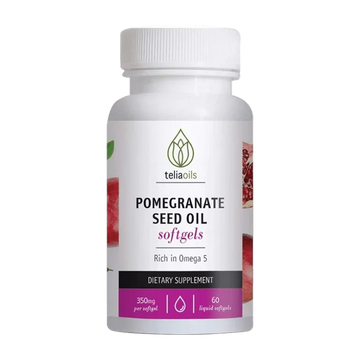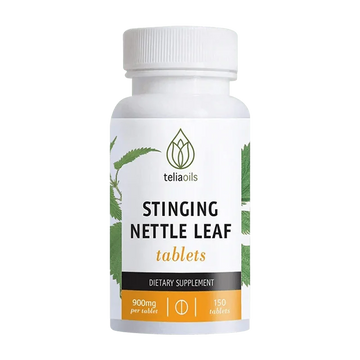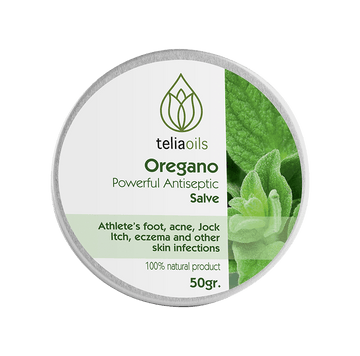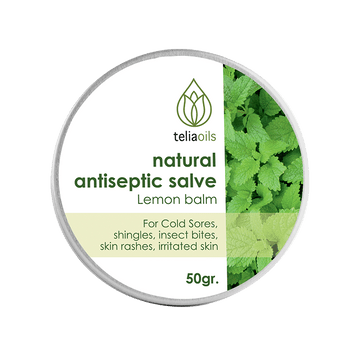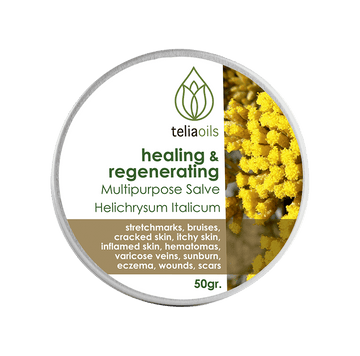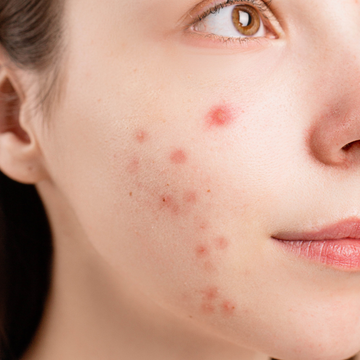
For years, people with oily and acne-prone skin have been told to avoid oils at all costs. The common belief was that applying oil to an already oily face would lead to more breakouts. However, research and skincare experts now suggest that using the right natural oils can actually help regulate oil production, reduce acne, and promote healthier skin. Let’s explore how natural oils balance oily skin, fight acne, and restore a clear complexion.
Why Oily Skin Needs Natural Oils
Oily skin produces excess sebum, which can lead to clogged pores, acne, and a greasy appearance. However, stripping away oil with harsh cleansers or alcohol-based toners forces the skin to produce even more oil to compensate. This cycle results in increased breakouts and imbalanced skin.
Natural oils help break this cycle by:
Regulating sebum production – Some oils mimic the skin’s natural sebum, signaling to your glands to slow down oil production.
Providing hydration – Dehydrated skin can become overactive in producing oil, leading to breakouts. Oils lock in moisture without clogging pores.
Offering antibacterial properties – Certain oils naturally fight acne-causing bacteria (Propionibacterium acnes).
Calming inflammation – Many oils contain anti-inflammatory compounds that soothe redness and irritation.
Best Natural Oils for Oily & Acne-Prone Skin
Not all oils are created equal. If you have oily, acne-prone skin, you need lightweight, non-comedogenic (won’t clog pores) oils with skin-balancing properties. Here are the top oils to try:
1. Jojoba Oil (The Skin Balancer)
- Closely mimics the skin’s natural sebum, helping to regulate oil production.
- Lightweight and absorbs quickly without leaving a greasy residue.
- Helps unclog pores and reduce acne-related inflammation.
2. Tea Tree Oil (The Acne Fighter)
- Antibacterial & antifungal properties kill acne-causing bacteria.
- Helps dry out active breakouts and prevents future ones.
- Reduces redness and swelling associated with acne.
3. Rosehip Oil (The Scar Healer)
- Rich in vitamin A (natural retinol), helping to fade acne scars and brighten skin.
- Contains essential fatty acids that repair damaged skin and improve elasticity.
- Lightweight and absorbs quickly, making it ideal for oily skin.
4. Black Seed Oil (The Anti-Inflammatory Powerhouse)
- Contains thymoquinone, a compound with strong anti-inflammatory properties.
- Helps reduce cystic acne and breakouts by soothing irritated skin.
- Fights bacterial and fungal acne while balancing oil production.
5. Argan Oil (The Non-Greasy Hydrator)
- Lightweight yet deeply moisturizing, preventing skin from overproducing oil.
- Packed with vitamin E, which helps repair skin and fade post-acne marks.
- Ideal for combination and oily skin types.
Natural oils can be game-changers for oily, acne-prone skin—if you choose the right ones. Instead of making skin oilier, these lightweight, non-comedogenic oils balance sebum production, fight acne-causing bacteria, and heal post-acne scars.

